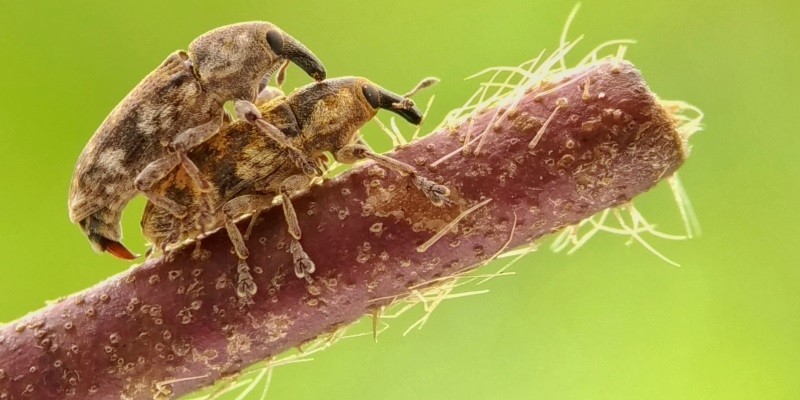Last Updated on January 15, 2025
Pest invasions can be a homeowner’s worst nightmare. Whether it’s ants marching across your kitchen counter, roaches scurrying in the dark corners of your bathroom, or a spider lurking in the closet, pests can quickly make your living space uncomfortable and unsanitary.
While it might be tempting to reach for the strongest chemical pesticides on the market, there are safer and more environmentally friendly ways to deal with these unwanted visitors.
In this article, we will explore five safe and effective methods to get rid of pests without harming your family, pets, or the environment.
Prevention is Key
The best way to deal with pests is to prevent them from invading your home in the first place. Practicing good hygiene and keeping your living space clean can go a long way in deterring pests. Here are some preventive measures to consider:
- Seal cracks and crevices: Inspect your home for any gaps or openings in walls, floors, and foundations, and seal them up. Pests often use these openings to gain access to your home.
- Store food properly: Keep food items in airtight containers to prevent pests from being attracted to the smell. Don’t leave food out on countertops overnight.
- Regular cleaning: Vacuum and sweep regularly to remove crumbs and food particles. Pay special attention to the kitchen and dining areas.
- Remove standing water: Pests need water to survive, so fix any leaks and ensure that there is no standing water in and around your home.
- Trim vegetation: Trim trees and bushes that are close to your home, as they can provide a pathway for pests to enter.
Natural Repellents
If pests have already made their way into your home, consider using natural repellents to deter them. These methods are safe for both your family and the environment. Some effective natural repellents include:
- Essential oils: Peppermint, lavender, and eucalyptus essential oils can help repel a variety of pests. Simply mix a few drops with water in a spray bottle and apply in areas where pests are a problem.
- Diatomaceous earth: This natural powder, made from fossilized algae, is effective at killing insects with exoskeletons, like ants and roaches. Sprinkle it in areas where pests are active, but be cautious not to inhale it.
- Cedarwood: Cedarwood chips or cedar oil can help repel moths and other insects from closets and drawers.
- Citrus peels: The scent of citrus peels can deter ants and spiders. Place citrus peels in areas where pests are a problem.
Professional Pest Control
In some cases, a pest infestation may be too severe or difficult to handle on your own. When all else fails, it’s wise to consult with a professional pest control service.
These experts are trained to identify the type of pest infestation you’re dealing with and can implement safe and targeted solutions to eliminate the problem.
When hiring a professional pest control service, make sure to inquire about their use of environmentally friendly and low-impact methods.
Many pest control companies, including Terminix Pest Removal, now offer eco-friendly options that minimize harm to the environment and non-target species.
Traps and Barriers
Traps and barriers can be effective tools for capturing and preventing pests from spreading. They are non-toxic and can be used strategically in your home. Some options include:
- Sticky traps: These traps are effective for catching flies, fruit flies, and crawling insects. Place them near windows, doors, and other entry points.
- Mothballs: Mothballs can help deter moths and other fabric-eating insects in closets and storage areas.
- Copper tape: Copper tape can be used to create a barrier that deters slugs and snails from entering your garden.
- Flypaper strips: Hang flypaper strips in areas where flies are a problem, such as near trash cans or in the kitchen.
Biological Control
Introducing natural predators or parasites that feed on pests can be an eco-friendly way to control pest populations. This method is often used in agriculture, but it can also be applied to home pest control. Here are a couple of examples:
- Ladybugs: Ladybugs are natural predators of aphids and other garden pests. You can purchase ladybugs and release them in your garden to help control pest populations.
- Nematodes: Beneficial nematodes are microscopic worms that can be applied to your lawn or garden to control soil-dwelling pests like grubs.
Final Words
Dealing with a pest invasion doesn’t have to involve harsh chemicals or harmful methods. By following the tips mentioned above, you can effectively and safely get rid of pests while protecting your home and the environment. Remember that a proactive approach to pest control is often the best way to keep your living space pest-free and comfortable.







